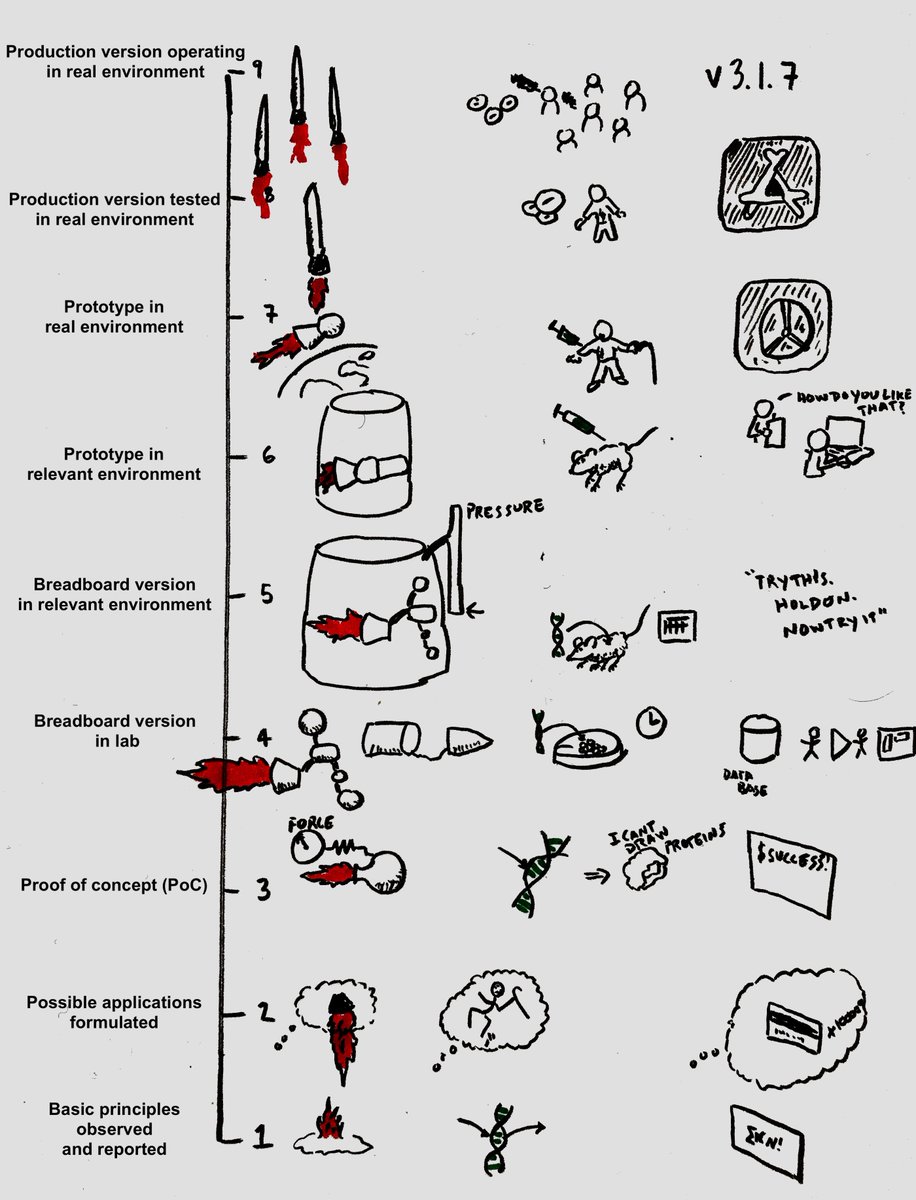It has a ton of sharp insights about how science/technology creation has changed that I hadn't seen before.
The uniqueness, coupled with the fact that it was written in 1995 makes it seem worth a PAPER REPORT THREAD. 🧵
In all, "The Decline of Unfettered Research" raises some excellent and sobering points that are worth thinking more about.
If you made it this far, you might want to just read the whole paper:dtc.umn.edu/~odlyzko/doc/d…
Podcast with Andrew (the author) coming soon!






































